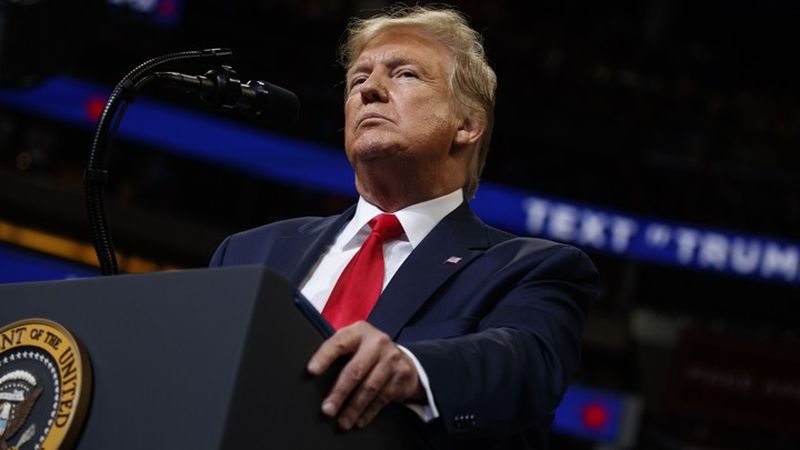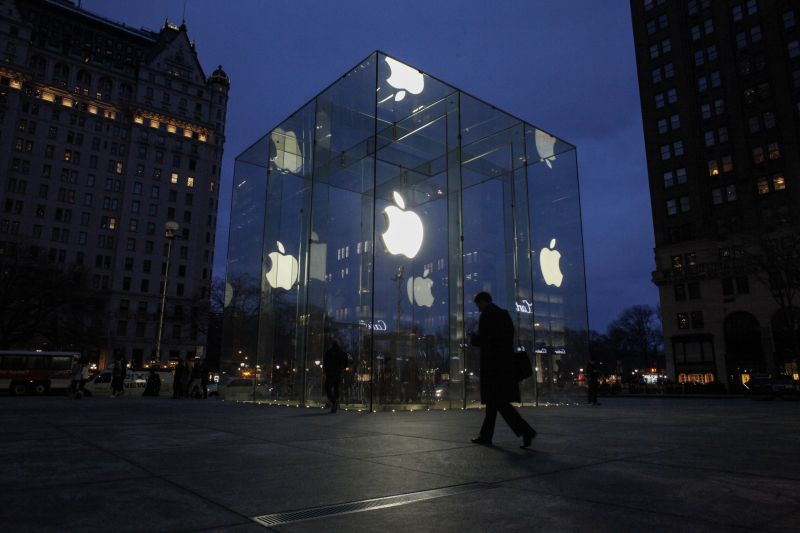Companies such as Dell Technologies, HP, Microsoft, and Intel have voiced out their concerns and dissatisfaction over the tariff, saying it would affect not only their revenue flow, but also the consumers who buy their products. It’s an understandable sitation, especially since total sales of notebooks and other devices sold by the four brands in the US sits at 52%. Statistically, once the tariffs are implemented, many tech brands will be forced to increase the prices of laptops, tablets, and smartphones in the US between 19% and 25%. Companies say that an approximate US$120 (~RM498) increment, which could make accessibility to even the most basic of devices out of reach for consumers on a tight budget. It’s not just notebook and smartphone makers that are affected either. Sony and Nintendo, makers of the popular PlayStation 4 and Switch consoles also voiced similar concerns. Saying that the new tariffs would not only hurt their sales figures, but also stifle innovation and even put thousands of jobs at risk. Even Apple has chimed in on Trump’s tariffs, urging the White House to simply “drop the plan” altogether. As it would not only affect US consumers, but also “tilt the playing field” more in favour to its rivals, even hurting “global competitiveness”. Further, while it’s been established that the US’ beef with China is primarily aimed at Huawei, Apple points out that the tariff will not impact the Chinese telecommunications company, on the basis that the brand doesn’t even have a “significant presence” in the US to begin with. (Source: Reuters, BBC)

